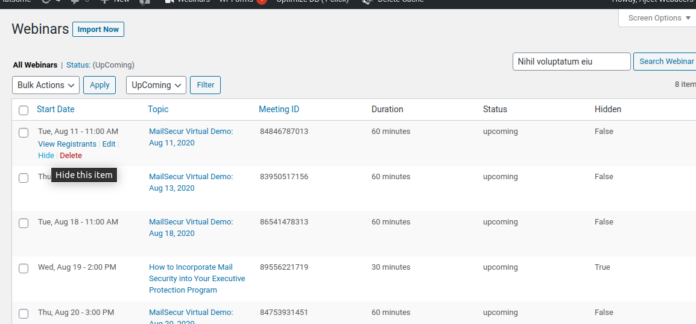In the world of e-commerce, “E-commerce Personalization” has emerged as a game-changer for businesses looking to enhance customer experiences and drive sales. This personalized approach leverages the power of artificial intelligence (AI) and data-driven strategies.
E-commerce personalization is all about tailoring the shopping experience to individual customers based on their preferences, behaviors, and past interactions with a website or online store. It’s the digital equivalent of the friendly local shopkeeper who knows your tastes and recommends products you’d love. This level of personalization not only engages customers but also increases their likelihood of making a purchase.
The Role of AI in E-commerce Personalization
AI plays a crucial role in e-commerce personalization. AI algorithms analyze vast amounts of data, allowing businesses to segment customers into categories based on their preferences and behaviors. This data-driven approach enables businesses to provide personalized product recommendations in real-time, increasing the chances of making a sale.
For instance, you’ve probably seen sections on e-commerce websites that suggest “You may also like” or “Customers who bought this also bought.” These personalized product recommendations are generated by AI systems that use data analysis to predict what might interest a particular customer.
Enhancing the Customer Experience
The benefits of “E-commerce Personalization” are multi-fold, and they all lead to one common goal: improved customer experience, which, in turn, boosts sales.
- Increased Engagement: Personalized recommendations keep visitors engaged with your website. Shoppers are more likely to explore additional products, spend more time on the site, and return for future visits.
- Higher Conversion Rates: When customers are presented with products that align with their interests, they are more likely to make a purchase. This leads to higher conversion rates and increased sales.
- Customer Loyalty: “E-commerce Personalization” builds a sense of connection and loyalty. When customers feel understood and catered to, they are more likely to return for future purchases.
- Reduced Cart Abandonment: By showing customers relevant items in their shopping carts, personalization can reduce cart abandonment rates, increasing the number of completed transactions.
- Cross-Selling and Upselling: AI can identify opportunities for cross-selling and upselling. For example, if a customer is purchasing a camera, AI can suggest complementary accessories like memory cards or camera bags.
Data Privacy and Ethical Considerations
While personalization is a powerful tool, it must be used responsibly. Privacy concerns are at the forefront of consumer consciousness, and businesses must be transparent about their data collection and usage practices. Customers should always have the option to opt in or out of personalized experiences. Respecting data privacy and maintaining trust are essential for the long-term success of “E-commerce Personalization” efforts.
E-commerce Personalization driven by AI and data analysis, is a potent strategy for boosting sales, increasing customer satisfaction, and building brand loyalty. In an era where customers expect tailored experiences, businesses that invest in personalization will have a competitive edge in the e-commerce landscape. The path to success involves understanding customer behavior, leveraging data insights, and using AI to deliver the right product recommendations at the right time. While navigating the landscape of personalization, businesses should prioritize data privacy and ethical considerations to maintain trust and goodwill with their valued customers.
Ready to boost your e-commerce sales with expert E-commerce Personalization? Contact us today to learn how our team at Webacer Software can help you implement AI-driven personalization strategies for your online store. Don’t miss the opportunity to stand out in the competitive e-commerce market with E-commerce Personalization.




